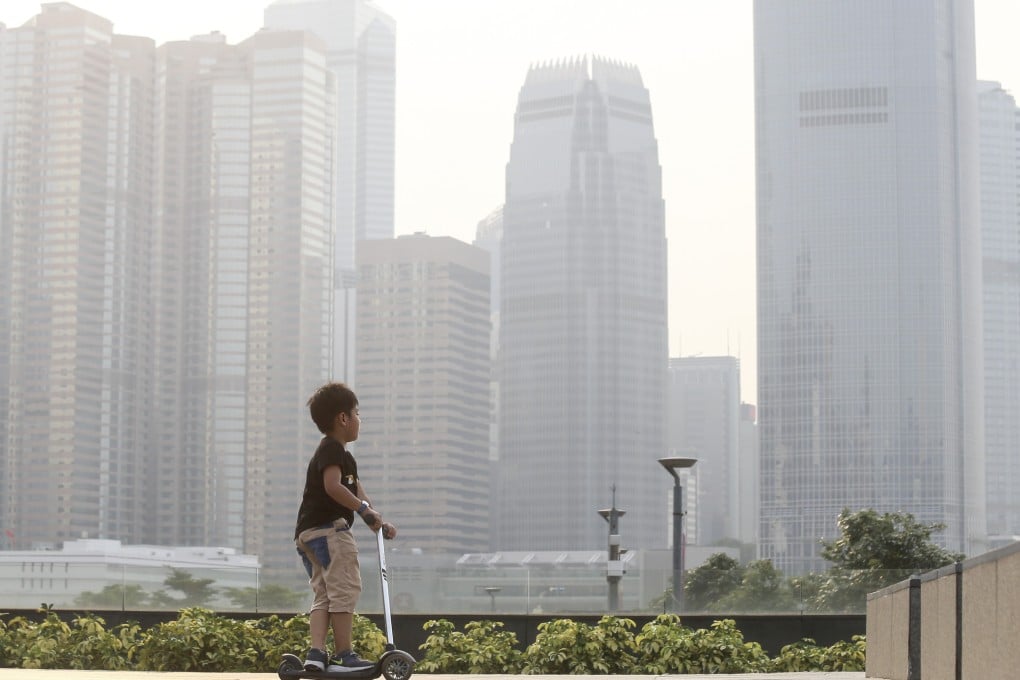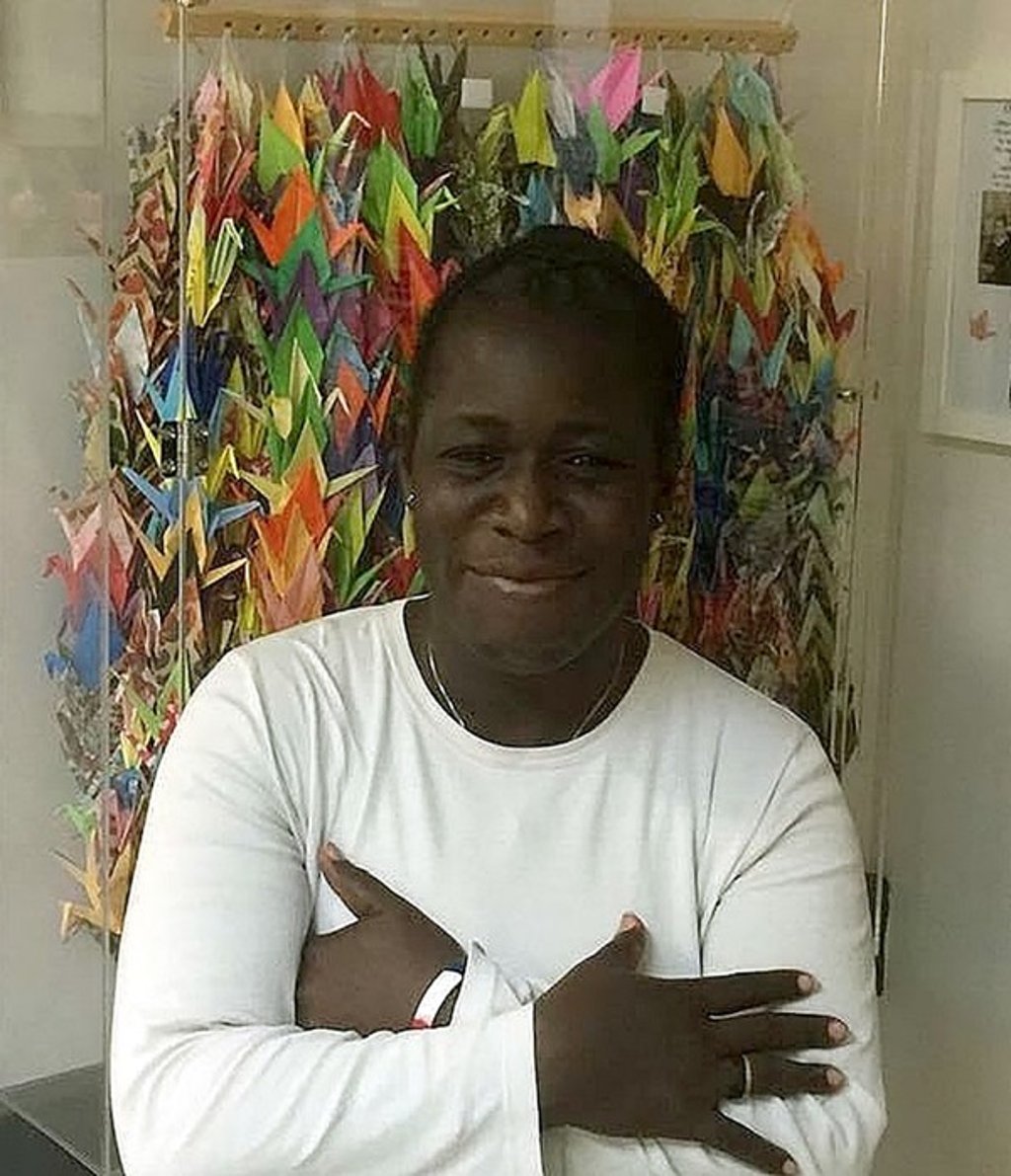Blowing Water | Must children die from bad air before Hong Kong acts on pollution?
- New evidence in death of nine-year-old girl in Britain throws spotlight on dangers of unsafe air

Rosamund Kissi-Debrah’s nine-year-old daughter, Ella, died in February 2013 after suffering three years of seizures and paying 27 visits to various hospitals; Ella lived 25 metres from a heavily polluted road in south London.

Last week, Kissi-Debrah won the right at the High Court to seek a new inquest into her daughter’s death, which was believed to have been caused by air pollution following the discovery of new evidence.
The case has shone a spotlight on how many children around the world are dying as a result of the unsafe air they are breathing. But sadly, those in power are doing nothing to stop it. The indifference to such an obvious problem is prevalent among governments and major health care bodies worldwide.
Hong Kong has yet to see a landmark case such as Ella’s to further highlight the great dangers of air pollution.
